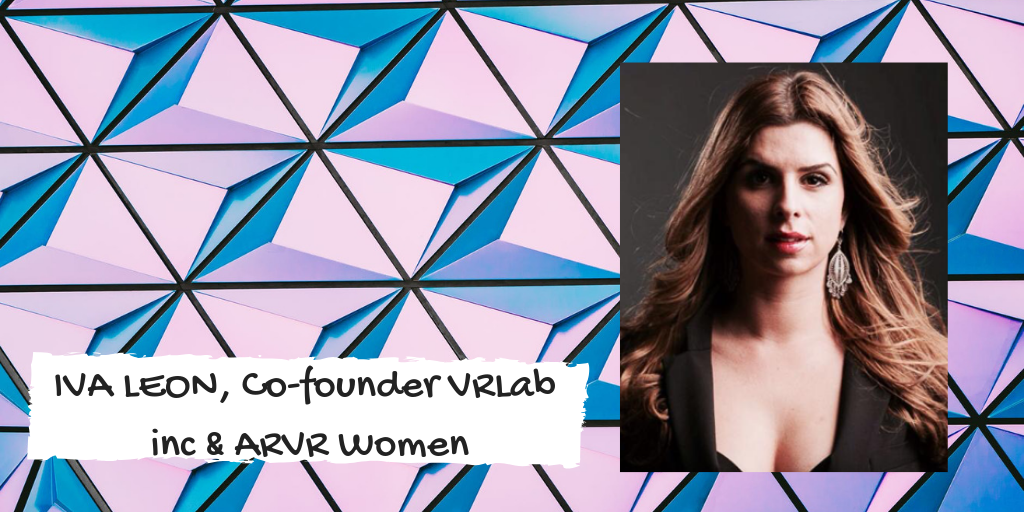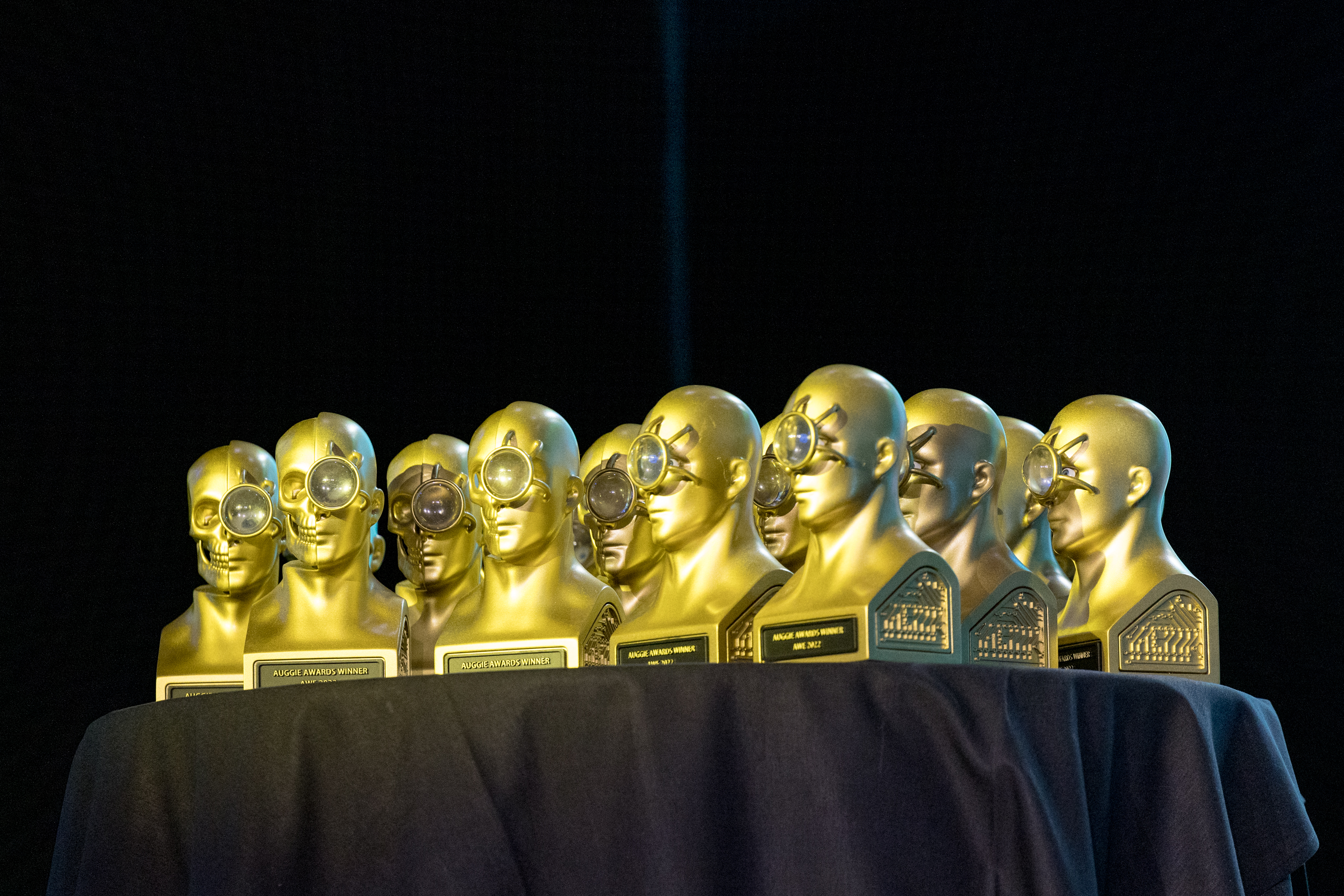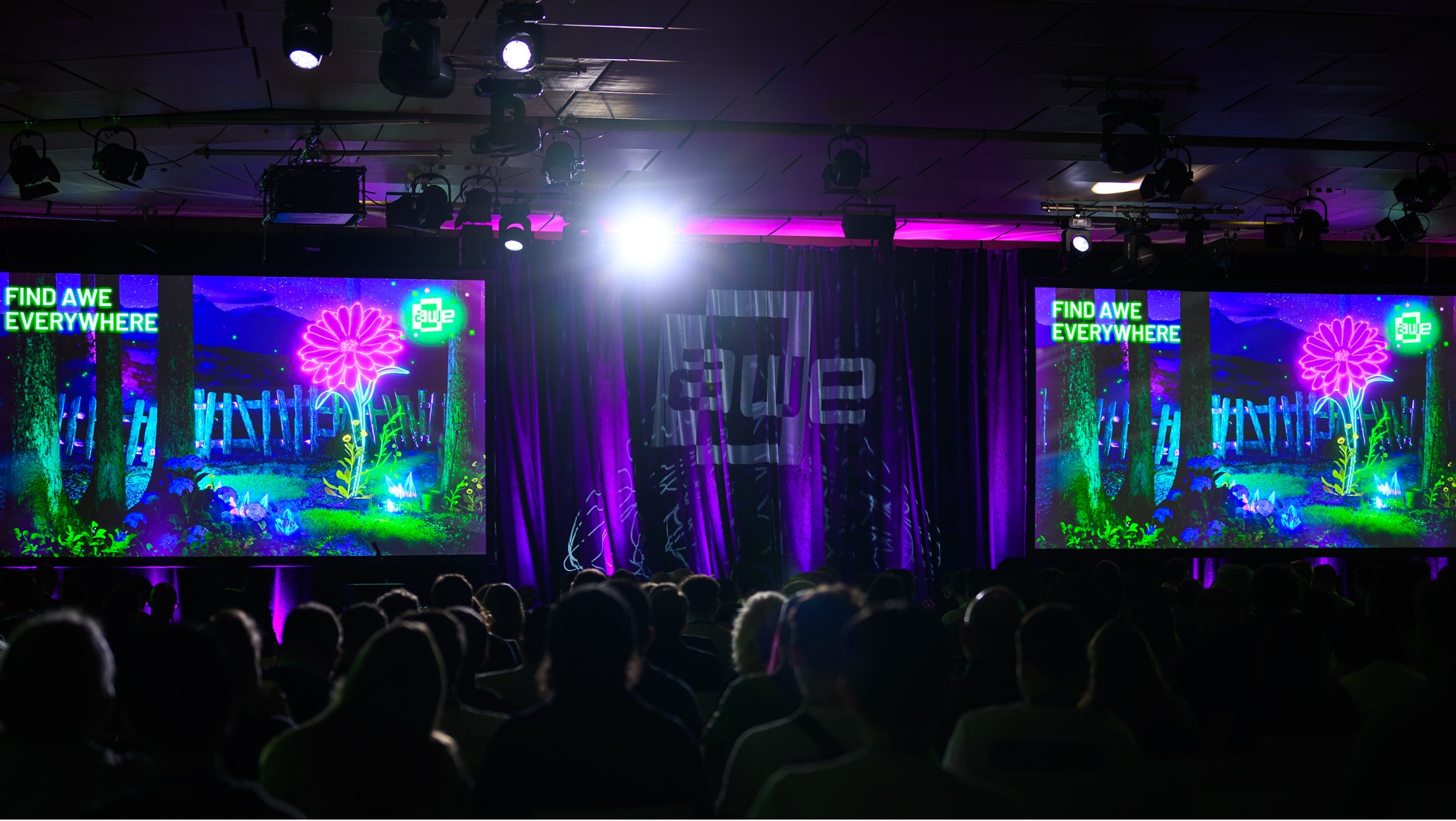You've heard the statistics about women in tech; you know women who work in tech are paid less than men and that women founders receive a tiny fraction of the VC funding that their male counterparts do. Today, employment in the technology industry is thriving. AI and other emerging technologies are creating hundreds of thousands of new jobs; so why do women make up only a small percentage of the tech workforce and just 11% of leadership positions in Silicon Valley, even in new areas of technology like spatial computing? The Girl Scouts of America found that girls typically express a desire to pursue a career in tech around age 11; by age 15, they've lost interest. Why? Why is the tech industry behind the U.S. economy as a whole when it comes to achieving gender equality?
These are complicated questions, but what I know for certain is that we need to intentionally go out of our way to raise up and support women and other under-represented groups in technology. We need to purposefully put women on stage, quote them in articles, and let them speak about their work; so for this Women's History Month, I am interviewing real women working in immersive tech, women who challenge the idea that the tech industry lacks visible female role models. Enjoy!
Iva Leon, Co-Founder, VRLab Inc. and ARVR Women
Emily: To begin, could you provide a little background on yourself and your career?
Iva: At VRLab, I managed and produced a retail VR storefront from 2014-2016 in San Francisco, selling hardware and software developed out of the Bay Area VR community. I hosted some of the first VR meetups, which catalyzed creatives such as Tiltbrush and Looksery. I co-founded ARVR Women in 2015, a community that provides resources and visibility by facilitating industry connections and developing educational opportunities.
Emily: What is it like as a woman working in AR/VR?
Iva: Honestly, it has been a treacherous journey. Men have taken credit for my work and received more recognition for less accomplishment. I've had to work twice as hard to create a tribe of support. Through the process, I have found other women who feel as I do, that this industry is largely built by gamers to serve gamer-boys rather than men and especially not women. Games are a fun, healthy portion of AR/VR but the real opportunity goes beyond entertaining children.
Emily: What challenges do you face that your male colleagues and peers don't?
Iva: Gaslighting and doubt. Investors and the media celebrate men with no work skill or college education taking credit for others' work and then doubt a woman like me, an Ivy League grad, for my contributions. And I'm not alone.
Emily: So, there's a double standard where, again, women have to work harder to prove themselves and get support. Have you ever felt judged or overlooked because of your gender?
Iva: Most definitely. Other people taking credit for my work (and this happens to other women, too) have received millions in venture funding, but when I've applied to "women's funds" looking to operate a million-dollar budget, I have been told to consider smaller five-digit investment amounts instead.
Emily: What about the user experience for women; how do the devices fit and perform for women?
Iva: The Oculus Rift fits pretty well, but the Magic Leap One slides off my hair and doesn't seem to be designed with women in mind. Facebook Spaces VR has resonated with our women's group and the UI has a female focus, making it fun to use.
Emily: What is the most critical issue for women in AR/VR?
Iva: The lack of opportunity. The industry is focusing on a small demographic. AR/VR is designed for early adopters, mainly affluent tech-savvy young men, which is only a small population, so therefore the opportunities are small. For the industry to succeed, it must go broad and appeal to everyone, starting with what women want from the medium and expanding to what non-tech savvy people will get excited about.
Emily: That leads right into my next question: Do you believe there's a lack of content for women AR/VR users?
Iva: Yes, while there aren't many experiences designed to appeal to women, tools like Facebook Spaces and MeetinVR that are designed to appeal to women have done very well and are creating a lot of positive change and deserved industry praise. There's a huge opportunity to make content that reaches beyond gaming and appeals to grown men and women looking for great VR experiences designed for broad appeal.
Emily: What is your advice to women working in AR/VR?
Iva: Hang on, ladies, it's going to be a bumpy ride. If this is your passion, go for it 100%. I'm not going to sugarcoat it and say it's female-friendly. We have to work harder than men for recognition and to raise funds. If you're a startup, the odds aren't stacked in your favor. As a community, we can do our best to support you, introduce you to prospects and open doors.
Emily: What would you like to say to men in the space? What should they be doing to help women in tech?
Iva: Be aware of your privilege, speak up when you see "tech bros" acting out of line, seek out a female perspective when building an AR/VR app, and above all be a gentleman.
Emily: What is your greatest hope for the future of AR/VR?
Iva: That the AR/VR medium makes us better humans by expanding our consciousness.
*Iva is one of the esteemed speakers at the 10th annual AWE USA.



